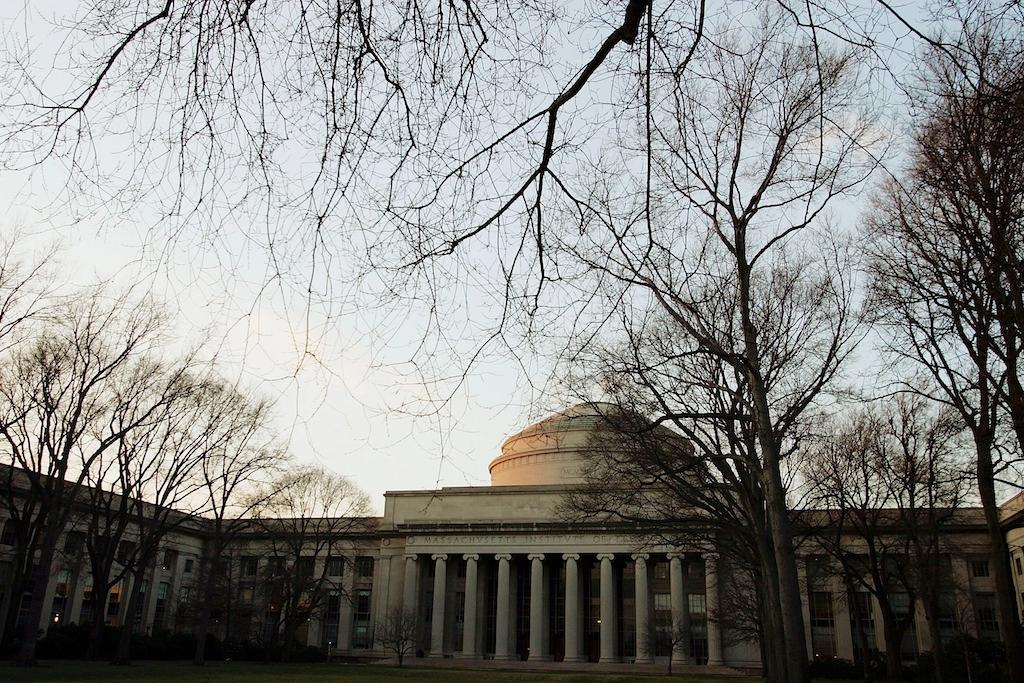Aaron Swartz’s family: Decisions by MIT, Massachusetts Attorney contributed to his death
The Maclaurin Building is shown on the campus of the Massachusetts Institute of Technology in Cambridge, Massachusetts.
Aaron Swartz, the internet activist and Reddit co-founder who tragically committed suicide on Friday, was not just battling depression.
In a statement released Saturday, his family and partner have also pointed the finger at the hacking charges he was fighting as being a part of the reason he took his own life.
"Aaron’s death is not simply a personal tragedy," they wrote. "It is the product of a criminal justice system rife with intimidation and prosecutorial overreach. Decisions made by officials in the Massachusetts US. Attorney’s office and at MIT contributed to his death."
The statement referred to the 13 felony hacking charges brought against 26-year-old Swartz, to which he pled guilty in September 2012.
More from GlobalPost: Aaron Swartz, Reddit co-creator and internet activist, dead at 26
He was accused of downloading around 4 million articles from academic archive JSTOR with the intention to distribute them freely, Gawker reported. He also faced charged of wire fraud, computer fraud, unlawfully obtaining information from a protected computer, and recklessly damaging a protected computer.
Swartz faced up to 35 years in prison and a $1 million fine, according to the Boston Globe.
"The US Attorney’s office pursued an exceptionally harsh array of charges, carrying potentially over 30 years in prison, to punish an alleged crime that had no victims," Swartz's family wrote. "Meanwhile, unlike JSTOR, MIT refused to stand up for Aaron and its own community’s most cherished principles."
The United States Department of Justice in Massachusetts declined comment on the pending case against the activist, the Globe reported.
JSTOR also issued a statement about Swartz's death, saying that the organization "join[ed] those who are mourning this tragic loss":
The case is one that we ourselves had regretted being drawn into from the outset, since JSTOR’s mission is to foster widespread access to the world’s body of scholarly knowledge. At the same time, as one of the largest archives of scholarly literature in the world, we must be careful stewards of the information entrusted to us by the owners and creators of that content. To that end, Aaron returned the data he had in his possession and JSTOR settled any civil claims we might have had against him in June 2011.
We want to hear your feedback so we can keep improving our website, theworld.org. Please fill out this quick survey and let us know your thoughts (your answers will be anonymous). Thanks for your time!
